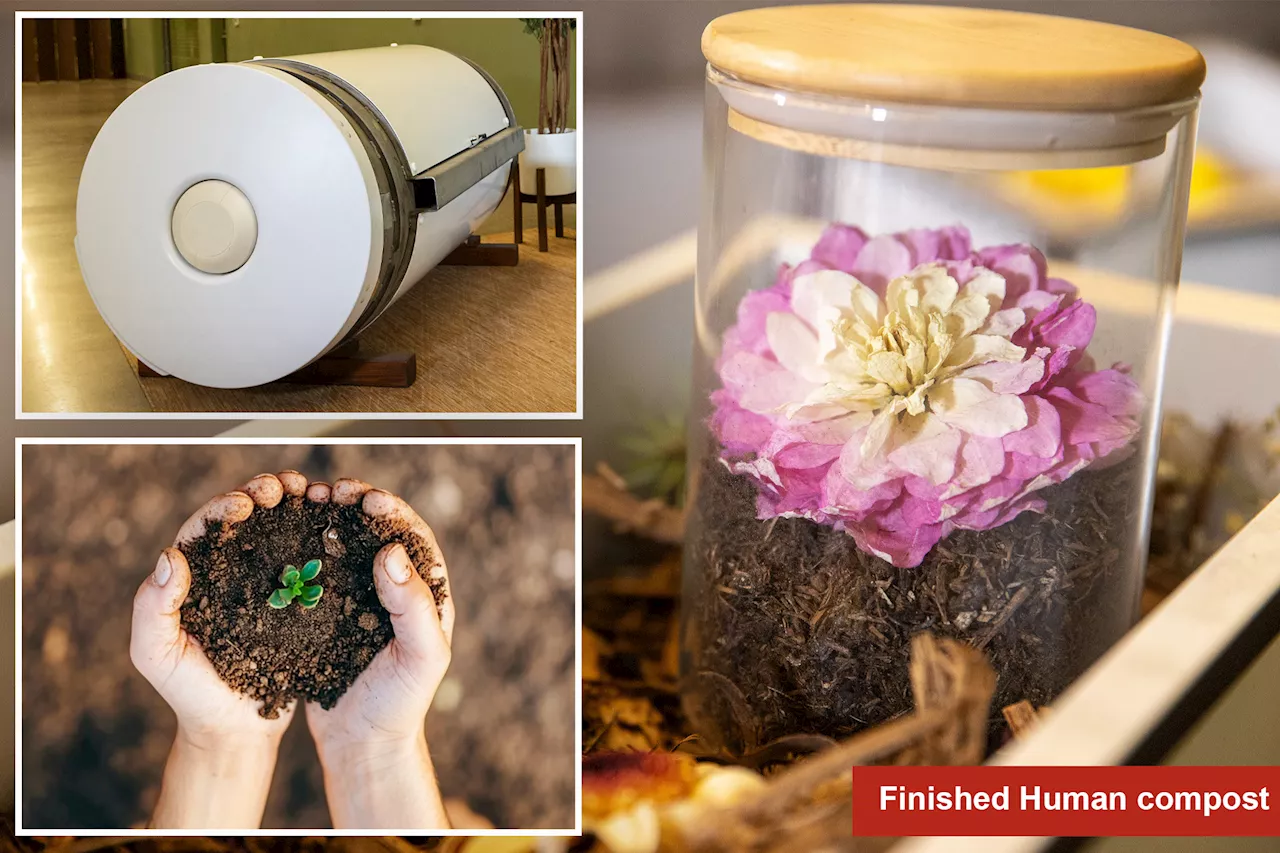New Jersey has officially legalized human composting, becoming the 14th state in the United States to adopt this environmentally friendly alternative to traditional burial and cremation methods. On September 11, 2023, Governor Phil Murphy signed the legislation, paving the way for what is formally known as natural organic reduction.
This innovative process allows for human remains to be transformed into nutrient-rich soil. By placing a body in a controlled environment along with organic materials such as wood chips and straw, the decomposition process is accelerated. The end product is a natural fertilizer that can be used to enrich soil, promoting sustainable practices in land use and gardening.
With growing concerns about the environmental impact of traditional burial and cremation, many advocates have welcomed the legalization of human composting. The practice aims to reduce carbon emissions associated with conventional methods, which often involve the use of chemicals and fossil fuels.
Legislative Support and Public Reception
The passage of this law reflects a broader trend across the United States toward more sustainable end-of-life options. New Jersey joins states like California, Washington, and Colorado in recognizing the need for environmentally conscious alternatives. According to a survey conducted by the National Funeral Directors Association, nearly 60% of respondents expressed interest in green burial options, indicating a significant shift in public attitudes.
Governor Murphy emphasized the importance of this law in promoting sustainability, stating, “This new law provides New Jerseyans with a choice that is both environmentally friendly and in line with their values.” The legislation permits licensed facilities to offer this service, which is expected to attract individuals seeking to minimize their ecological footprint even in death.
Critics of traditional burial and cremation practices often cite the use of land for cemeteries and the greenhouse gases emitted during cremation as pressing environmental concerns. Natural organic reduction addresses these issues by allowing the body to decompose naturally, enriching the earth rather than depleting it.
Implementation and Future Considerations
As New Jersey moves forward with this new law, the state will need to establish regulations and guidelines for facilities that intend to offer human composting services. This includes ensuring compliance with health and safety standards while also educating the public about the benefits of this option.
The growing acceptance of human composting may lead to further legislative changes in other states as well. Advocates believe New Jersey’s decision could serve as a model for others, encouraging more states to consider sustainable practices in end-of-life care.
In conclusion, New Jersey’s legalization of human composting marks a significant step towards eco-friendly burial alternatives. As more individuals seek sustainable options, this practice may reshape how society views death and its impact on the environment, reflecting a growing commitment to sustainability in all aspects of life.
